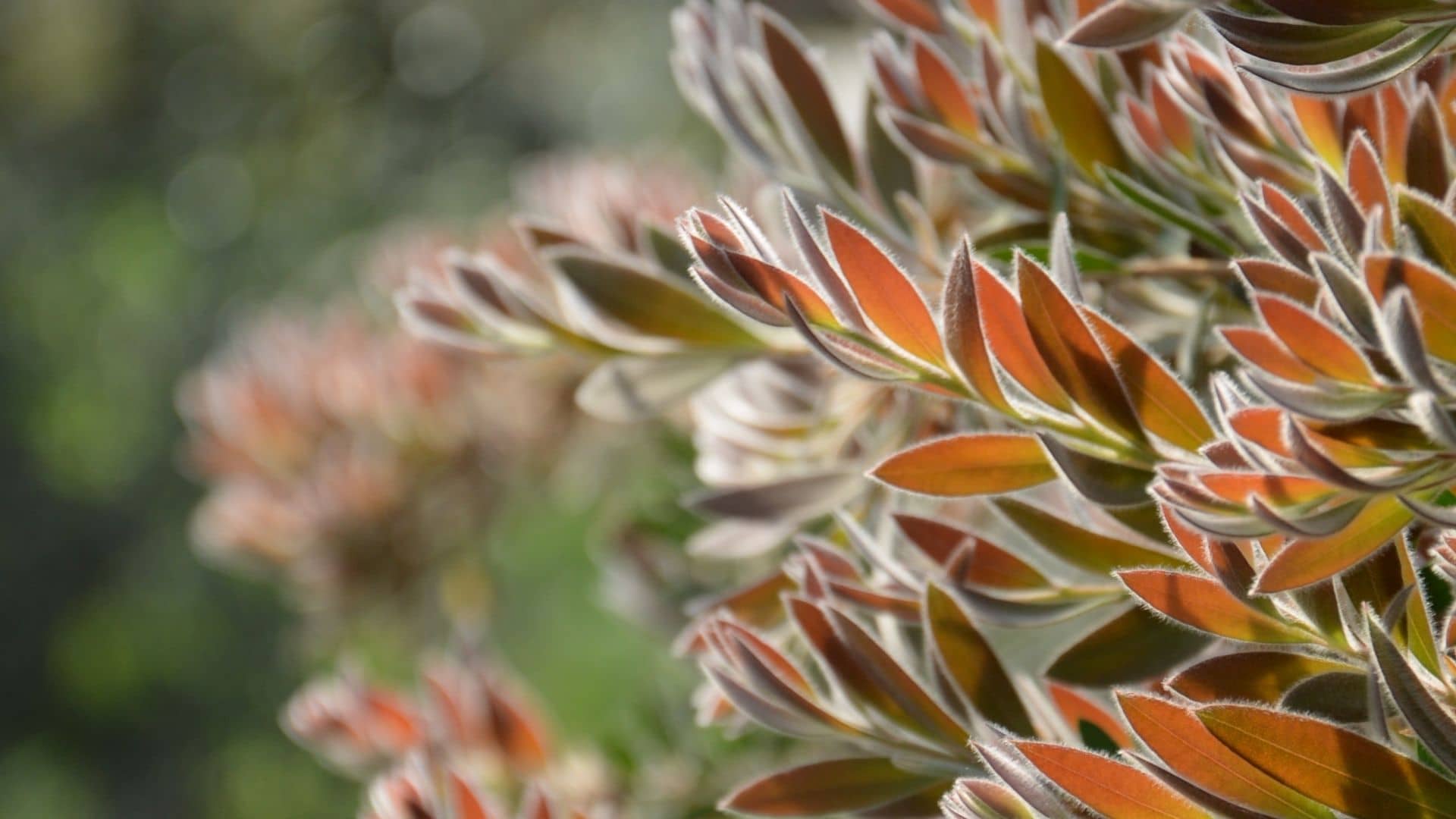







Session 4: A place of rebellion
Sometimes, if you want to still your mind, it can help simply to still your body! As this time of prayer begins, take up a posture that you can maintain, reasonably comfortably, for the next few minutes. You might be standing, or sitting, or keeling down, or lying flat. Take a moment or two to experiment until you find a pose that works for you.
When you’ve found a comfortable position, just stay quietly in it and enjoy it for a few moments before you try and do anything else.
Today, we hear a passage from the Book of Numbers…
Numbers 21: 4 – 9
From Mount Hor they set out by the way to the Red Sea, to go around the land of Edom; but the people became impatient on the way. The people spoke against God and against Moses, ‘Why have you brought us up out of Egypt to die in the wilderness? For there is no food and no water, and we detest this miserable food.’ Then the LORD sent poisonous serpents among the people, and they bit the people, so that many Israelites died. The people came to Moses and said, ‘We have sinned by speaking against the LORD and against you; pray to the LORD to take away the serpents from us.’ So Moses prayed for the people. And the LORD said to Moses, ‘Make a poisonous serpent, and set it on a pole; and everyone who is bitten shall look at it and live.’ So Moses made a serpent of bronze, and put it upon a pole; and whenever a serpent bit someone, that person would look at the serpent of bronze and live.
The wilderness, as described in today’s passage, isn’t a pleasant place. There is no food, no water, and people are dying on a seemingly interminable journey to the land promised by God. Can you get some sense of what it might be like to find yourself in that situation?
The people react by looking for someone to blame. They turn on Moses, the one who’s led them here from Egypt. Earlier he has been a hero to them. Now he’s the villain of the piece. Is that a dynamic that you recognise, in your own society, or even in your own life?
God punishes the people with poisonous snakes for what is seen here as an act of rebellion. It’s not easy, perhaps, to reconcile this with the idea of the loving, patient and merciful God whom Jesus called Father. What do you make of this? How do you try to make sense of it?
Even here, God’s punishment isn’t unbounded. God himself provides the people with a remedy. How does the end of the passage strike you?
Has there been a time in your life when you felt that you wanted nothing more to do with God? When faith seemed to be getting you nowhere, and religion was more trouble than it’s worth? Perhaps that’s even close to where you find yourself today. Can you take a moment or two to tell God what that’s like?
Do you know what it’s like to blame someone else for your troubles? Perhaps you’re right to do so, or perhaps you’re just using them as a scapegoat. Whether they have been right or wrong, can you perhaps offer a brief prayer for them and their needs just now?
By the end of this passage, the people have sought forgiveness from God, and God has forgiven them. This could be a good time to ask God for forgiveness if you’re aware of needing it, or to thank God for times he has forgiven you in the past.
The people of Israel journeyed through this wilderness for many years after this incident. As this prayer closes, ask God for whatever you most need as you continue on your own journey.